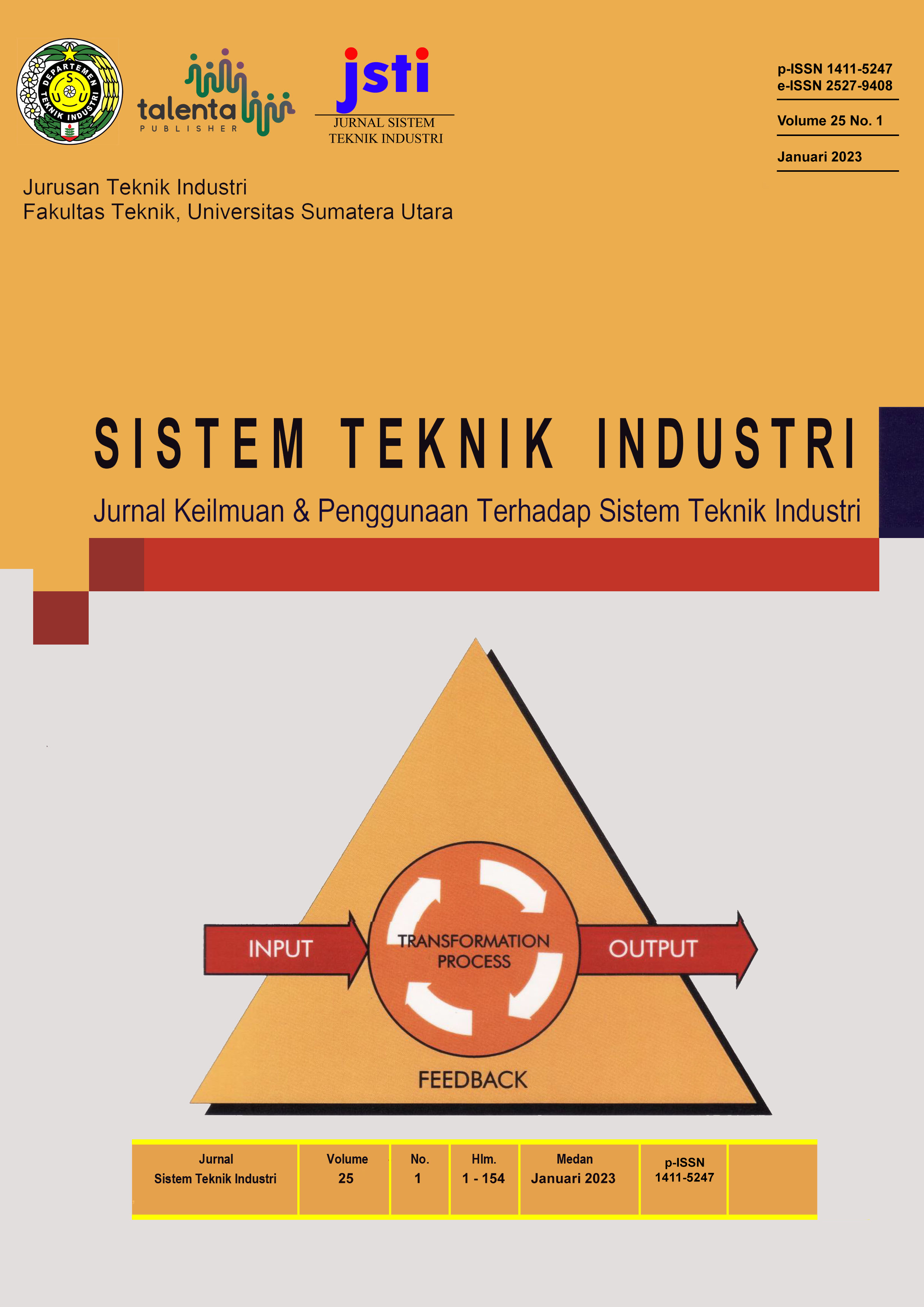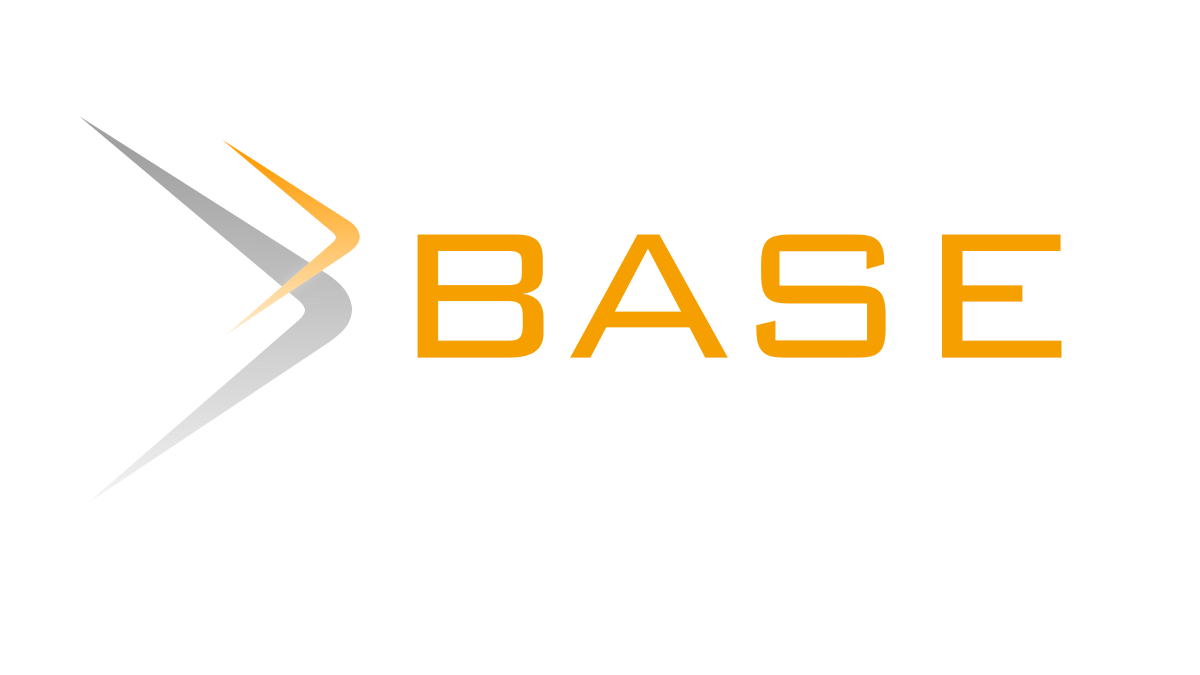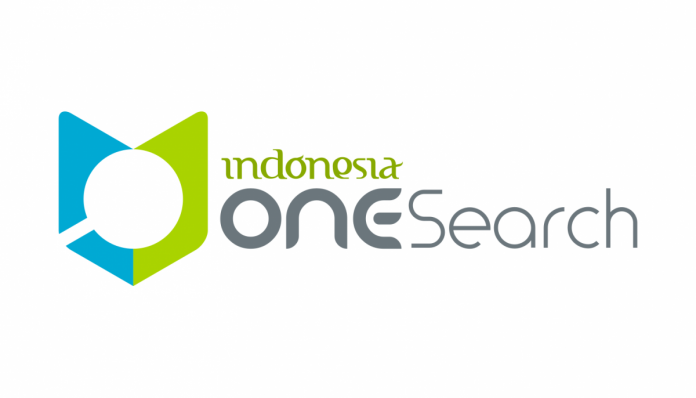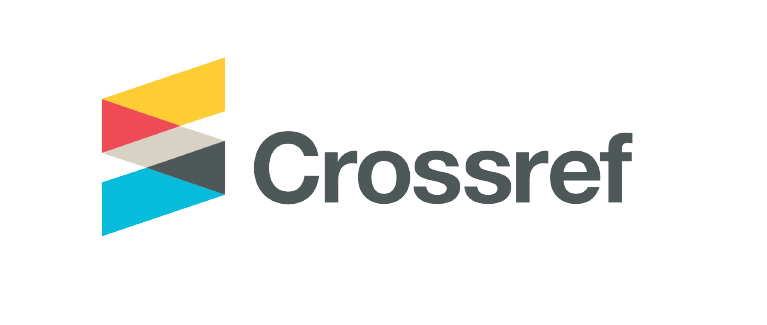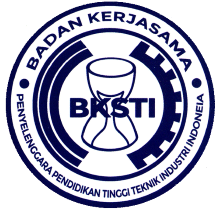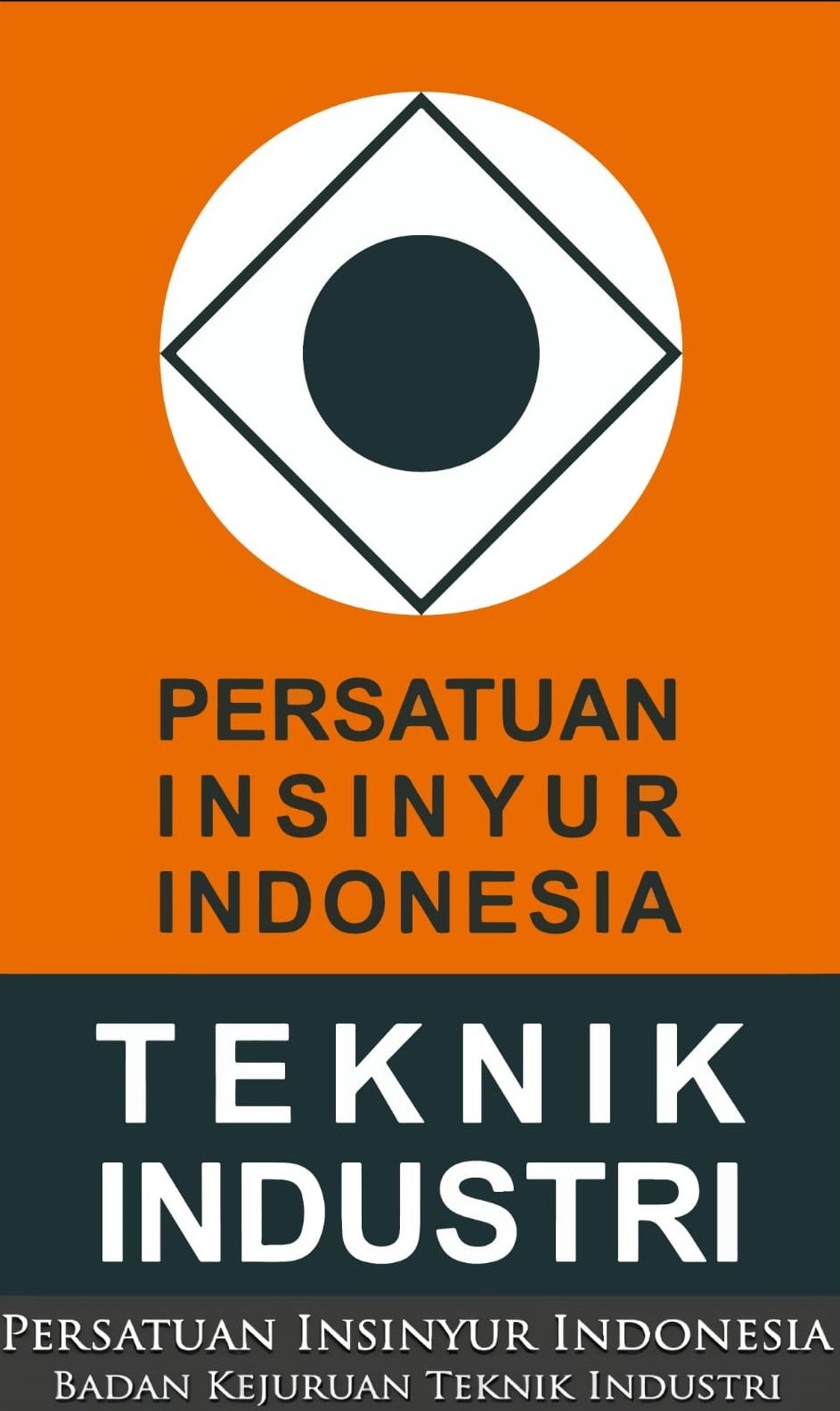Strategic Planning Based on the Impact of Social Support and Social Trust on COVID-19 Risk Response in Formal and Informal Workers
DOI:
https://doi.org/10.32734/jsti.v25i1.8506Keywords:
COVID-19, Social Support, Social Trust, Response Efficacy, Formal and Informal Workers; , Structural Equation Modelling, Relationship MatrixAbstract
The COVID-19 pandemic has occurred throughout the world, and also in Indonesia. The government try to reduce the spread of COVID-19 by implementing various policies such as the large-scale social restriction (PSBB) policy, as well as other related policies. However, this policy has not been effective in view of the level of the spread of COVID-19 which has not decreased. Lack of public awareness is the cause of the spread of COVID-19 in Indonesia. For this reason, this study examines the effect of social support and social trust on the efficacy response to COVID-19 using the structural equation modeling (SEM) method. This factor was chosen because social support is an important aspect of the life of Indonesian society. This research was conducted on formal and informal workers, because workers are still required to have activities outside the home. The results show that social support and social trust are more influential on formal workers than informal workers. Strategy recommendations are compiled based on literature studies. After that, the weighting was done by using a relationship matrix. The results of the relationship matrix are seven prioritized strategies for formal workers, and three prioritized strategies for informal workers.
Downloads
References
Y. C. Liu, R. L. Kuo, and S. R. Shih, “Covid-19: The first documented coronavirus pandemic in history,†Biomed. J., pp. 1–6, 2020.
“Peta Sebaran | Satgas Penanganan Covid-19,†2020. https://covid19.go.id/peta-sebaran (accessed Oct. 04, 2020).
“Technical guidance publications.†https://www.who.int/emergencies/diseases/novel-coronavirus-2019/technical-guidance-publications (accessed Oct. 06, 2020).
D. Herdiana, “Social Distancing Indonesian Policy Response to the Corona Virus Disease 2019 (Covid-19),†J. Ilmu Adm. Media Pengemb. Ilmu dan Prakt. Adm., vol. 17, no. 1, pp. 93–110, Jun. 2020.
R. Teguh, F. F. Adji, V. Wilentine, H. Usup, and S. Abertun, “Dampak Psikologis Pandemik COVID-19 Terhadap Mahasiswa di Kalimantan Tengah,†Teknol. Inf., no. June, 2020.
“9 Faktor yang Memengaruhi Kepatuhan Masyarakat Terhadap Upaya PSBB Halaman all - Kompas.com.†https://www.kompas.com/sains/read/2020/04/23/163100023/9-faktor-yang-memengaruhi-kepatuhan-masyarakat-terhadap-upaya-psbb?page=all (accessed Oct. 07, 2020).
R. Hussmanns, “Defining and measuring informal employment,†Int. Labour Organ., pp. 21, 2004.
“Technical guidance publications.†https://www.who.int/emergencies/diseases/novel-coronavirus-2019/technical-guidance-publications (accessed Oct. 06, 2020).
F. Fukuyama, “Social Capital Disrupted? Francis Fukuyama: The Great Disruption,†Arena Mag, pp 49-51, 44 December-January, 1999.
G. S. Cheema and V. Popovski, Building trust in government: Innovations in governance reform in Asia, vol. 8, no. 5. 2010.
G. Prati and L. Pietrantoni, “The relation of perceived and received social support to mental health among first responders: A meta-analytic review,†J. Community Psychol., vol. 38, no. 3, pp. 403–417, Apr. 2010.
S. E. Estroff, C. Zimmer, W. S. Lachicotte, and J. Benoit, “The influence of social networks and social support on violence by persons with serious mental illness,†Hosp. Community Psychiatry, vol. 45, no. 7, pp. 669–679, 1994.
J. Buckworth, “Promoting self-efficacy for healthy behaviors,†ACSM’s Heal. Fit. J., vol. 21, no. 5, pp. 40–42, 2017.
“Badan Pusat Statistik,†BPS. https://www.bps.go.id/publication/2019/12/04/eab87d14 d99459f4016bb057/statistik-komuter-jabodetabek-2019.html (accessed Dec. 17, 2020).
Suradi, “Peranan Sektor Informal Dalam Penanggulangan Kemiskinan,†Informasi, vol. 16, no. 03, pp. 221–234, 2011.
R. Hussmanns, “Defining and measuring informal employment,†Int. Labour Organ., p. 21, 2004.
P. A. Thoits, “Mechanisms linking social ties and support to physical and mental health,†J. Health Soc. Behav., vol. 52, no. 2, pp. 145–161, Jun. 2011.
M. K. Demaray and C. K. Malecki, “The relationship between perceived social support and maladjustment for students at risk,†Psychol. Sch., vol. 39, no. 3, pp. 305–316, May 2002.
C. H. Tardy, “Social support measurement,†Am. J. Community Psychol., vol. 13, no. 2, pp. 187–202, Apr. 1985.
R. J. Hill, M. Fishbein, and I. Ajzen, “Belief, Attitude, Intention and Behavior: An Introduction to Theory and Research.,†Contemp. Sociol., vol. 6, no. 2, p. 244, Mar. 1977.
J. Wilson, “Responding to Natural Disasters with Social Media: A Case Study of the 2011 Earthquake and Tsunami in Japan, 2008.
A. Neal and M. A. Griffin, “Safety Climate and Safety Behaviour,†Aust. J. Manag., vol. 27, no. 1_suppl, pp. 67–75, Jun. 2002.
S. A. Kwon, H. J. Yoo, and E. Song, “Korean consumers’ recognition of risks depending on the provision of safety information for chemical products,†Int. J. Environ. Res. Public Health, vol. 17, no. 4, Feb. 2020.
G. D. Smith, F. Ng, and W. Ho Cheung Li, “Covidâ€19: Emerging compassion, courage and resilience in the face of misinformation and adversity,†J. Clin. Nurs., vol. 29, no. 9–10, pp. 1425–1428, May 2020.
R. Caferra, A. Colasante, and A. Morone, “The less you burn, the more we earn: The role of social and political trust on energy-saving behaviour in Europe,†Energy Res. Soc. Sci., vol. 71, p. 101812, 2020.
F. Murtin, L. Fleischer, and V. Siegerink, Trust and its determinants: Evidence from the Trustlab experiment,†2013.
F. Murtin, L. Fleischer, V. Siegerink, and A. Aassve, “Trust and its determinants: evidence from the trustlab experiment,†OECD Stat. Work. Pap., vol. 02, pp. 1–74, 2018.
OECD, “Leading under pressure: From surviving to thriving before, during, and after a crisis. - PsycNET,†OECD, 2013.
V. J. Nordin, “The voice of the customer,†For. Chron., vol. 78, no. 3, pp. 343–345, 2002.
E. A. and C. C., “Quality Function Deployment in Continuous Improvement,†Six Sigma Proj. Pers. Exp., no. July, 2011.
N. Sujan, H., Weitz.B.A. and Kumar, “Learning Orientation, Working,†vol. 58, no. 3, pp. 39–52, 1994.
Z. Barua, S. Barua, S. Aktar, N. Kabir, and M. Li, “Effects of misinformation on COVID-19 individual responses and recommendations for resilience of disastrous consequences of misinformation,†Prog. Disaster Sci., vol. 8, p. 100119, 2020.
N. Sujan, H., Weitz.B.A. and Kumar, “Learning Orientation, Working,†vol. 58, no. 3, pp. 39–52, 1994.
Z. Barua, S. Barua, S. Aktar, N. Kabir, and M. Li, “Effects of misinformation on COVID-19 individual responses and recommendations for resilience of disastrous consequences of misinformation,†Prog. Disaster Sci., vol. 8, p. 100119, 2020.
“Coronavirus Disease (Covid-19) Situation Reports.â€https://www.who.int/emergencies/
diseases/novel-coronavirus-2019/situation-reports (accessed Oct. 01, 2020).
“Technical guidance publications.†https://www.who.int/emergencies/diseases/novel-coronavirus-2019/technical-guidance-publications (accessed Oct. 06, 2020).
“Advice for the public.†https://www.who.int/emergencies/diseases/novel-coronavirus-2019/advice-for-public (accessed Oct. 05, 2020).
J. A. M. Gondim and L. Machado, “Optimal quarantine strategies for the Covid-19 pandemic in a population with a discrete age structure,†Chaos, Solitons and Fractals, vol. 140, p. 110166, Nov. 2020.
WHO, “Water, sanitation, hygiene, and waste management for SARS-CoV-2, the virus that causes Covid-19,†Interim Guid., no. 29 July, pp. 1–11, 2020.
WHO, “Pesan dan Kegiatan Utama Pencegahan dan Pengendalian Covid-19 di Sekolah,†2020.
A. Adetunji and F. Oyekan, “Organization Behavior: The Attitude of Religious Leaders in the Phase of Organization Behavior: The Attitude of Religious Leaders in the Phase of Pandemic,†no. June, 2020.
A. Adetunji and F. Oyekan, “Organization Behavior: The Attitude of Religious Leaders in the Phase of Organization Behavior: The Attitude of Religious Leaders in the Phase of Pandemic,†no. June, 2020.
Downloads
Published
How to Cite
Issue
Section
License
Copyright (c) 2023 Jurnal Sistem Teknik Industri

This work is licensed under a Creative Commons Attribution-ShareAlike 4.0 International License.
The Authors submitting a manuscript do so on the understanding that if accepted for publication, the copyright of the article shall be assigned to TALENTA Publisher Universitas Sumatera Utara as the publisher of the journal.
Copyright encompasses the rights to reproduce and deliver the article in all forms and media. The reproduction of any part of this journal, its storage in databases, and its transmission by any form or medium will be allowed.

